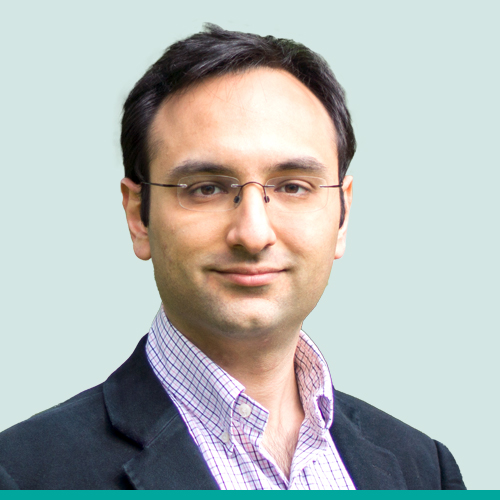
LDC Top 50 2021
Dr Bahman Nedjat-Shokouhi
CEO
Medefer
Consultant gastroenterologist, neuroscientist and molecular biologist, Dr Bahman Nedjat-Shokouhi is the CEO and founder of Medefer. His company brings together consultants from all over the UK to review cases in their downtime and reduce waiting times for patients undergoing routine tests.
“I met a lady who had waited 11 weeks for the results of her liver function tests. I decided to create the infrastructure to address issues like this, which can cause anxiety but also worsen clinical outcomes,” he says. “My ambition is to create the world’s most patient-focused and safest virtual health service, helping patients get better, faster.”

My ambition is to create the world’s most patient-focused and safest virtual health service, helping patients get better, faster.”
Q&A
How did you get into virtual health?
I entered medicine, passionate about dedicating my life to patients and scientific research. I didn’t intend to get into business, but it all started when I met a lady who had waited 11 weeks for a review of the results of a liver test. To reduce waiting times and risk of harm, I decided to create the infrastructure that would enable specialists to manage patients remotely, whilst leveraging the data that is lost in traditional models of care.
The NHS has an 18-week target from referral to treatment. By bringing together consultants from all over the UK to review patients in their downtime, we have reduced this down to eight weeks, with patients being reviewed by a specialist within 48 hours on average.
What are your ambitions for Medefer?
The dream for me is that Medefer acts like the National Grid for healthcare. To connect all hospitals together like power stations, with individual consultants adding further capacity in their personal time, reducing pressure points in the system. Medefer will be a skin sitting on top of existing NHS systems, creating a truly patient-focused health system.
Where does your entrepreneurial spirit come from?
As a junior doctor in 2006, just as the NHS was beginning to implement electronic systems, I became aware of many inefficiencies within my A&E department. I spoke with senior medical consultants about the problem, negotiated some funding from the hospital, worked with a developer and created a new programme that transformed the way patients were managed.
That is when I became excited about my ability to make a difference to patients’ lives by affecting change through the application of technology.
